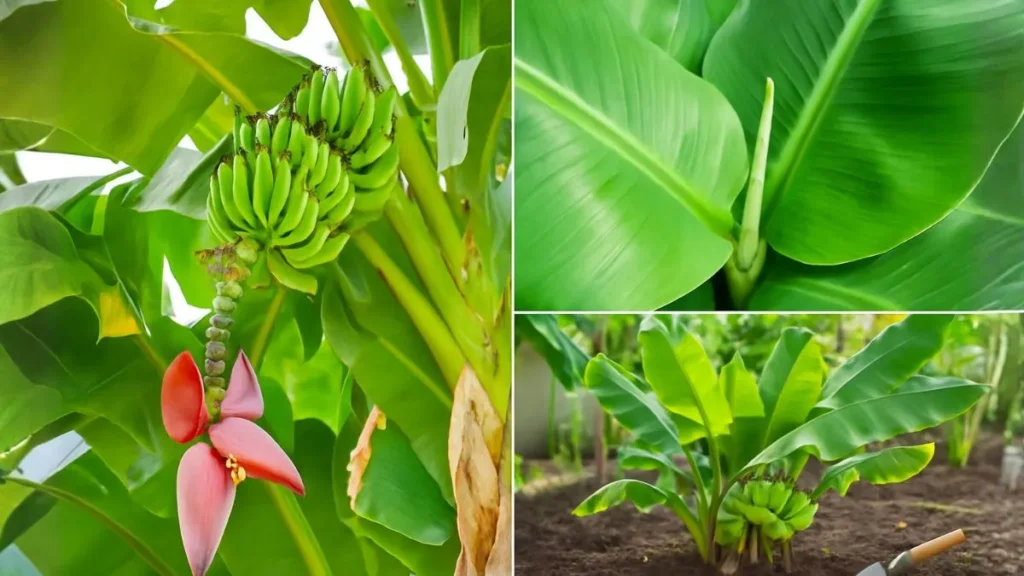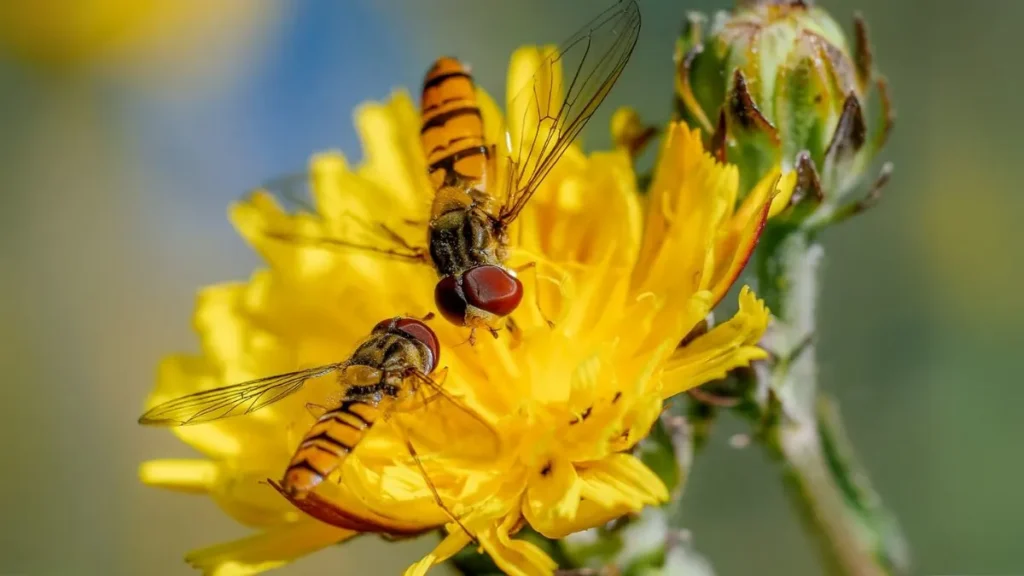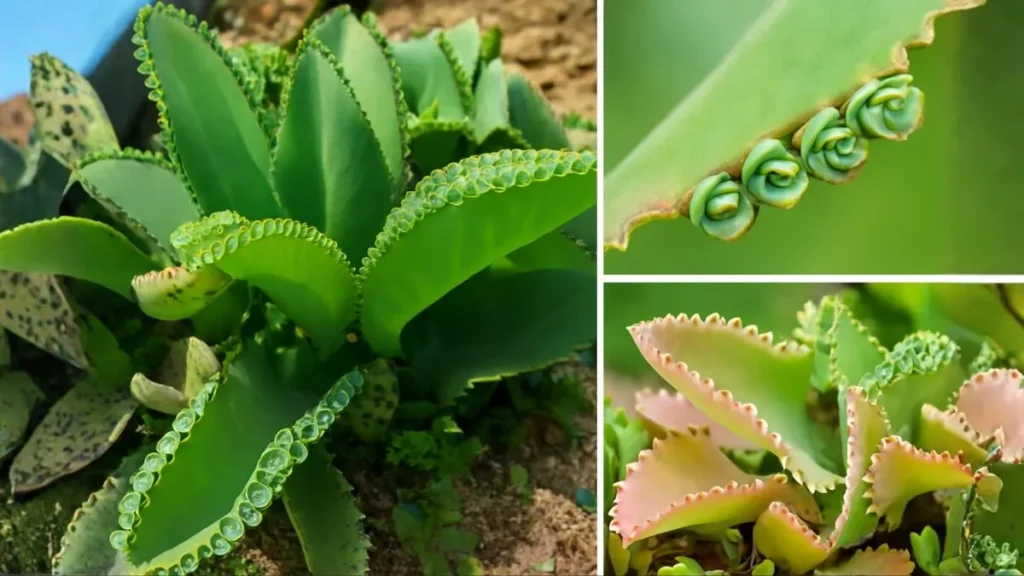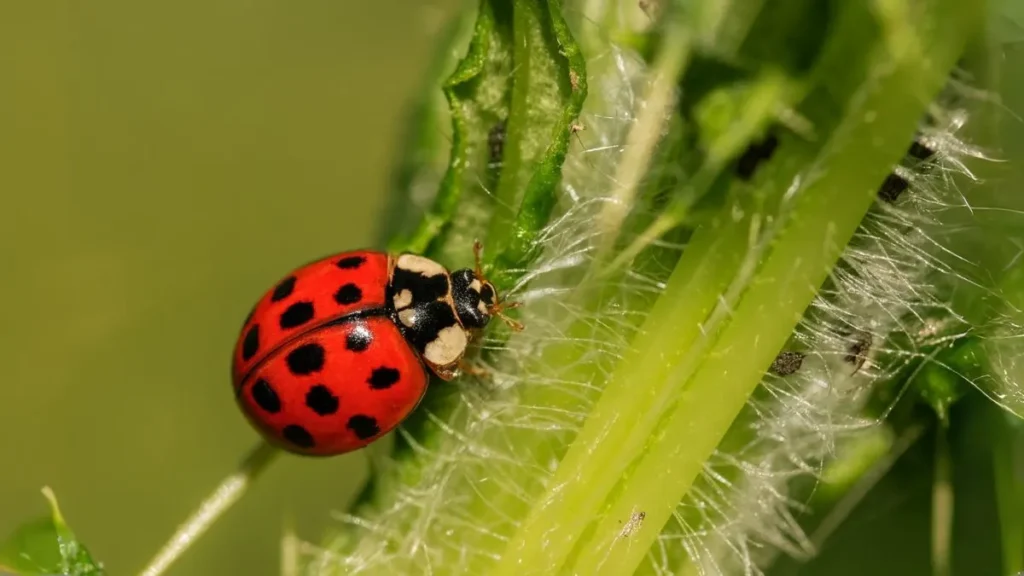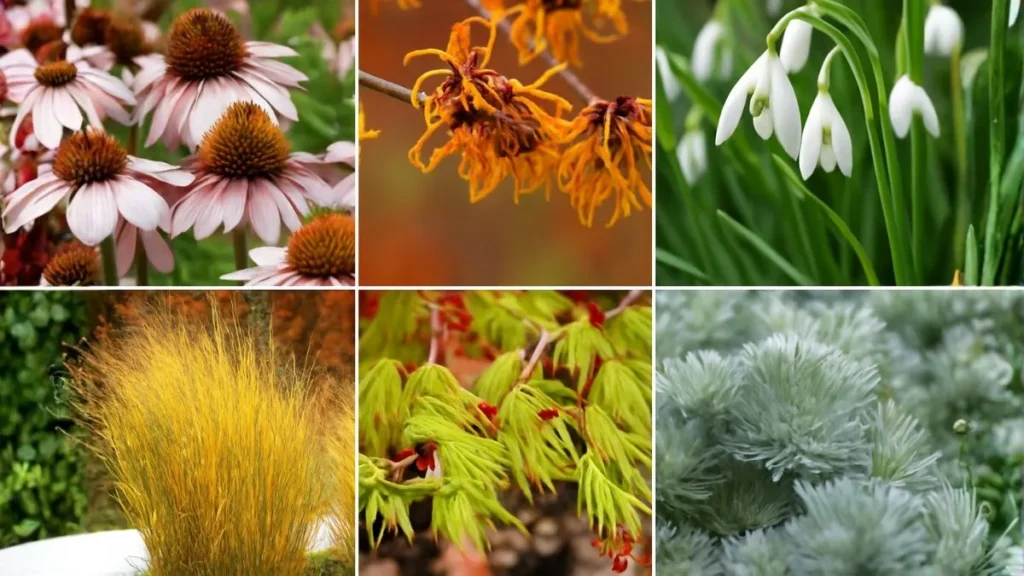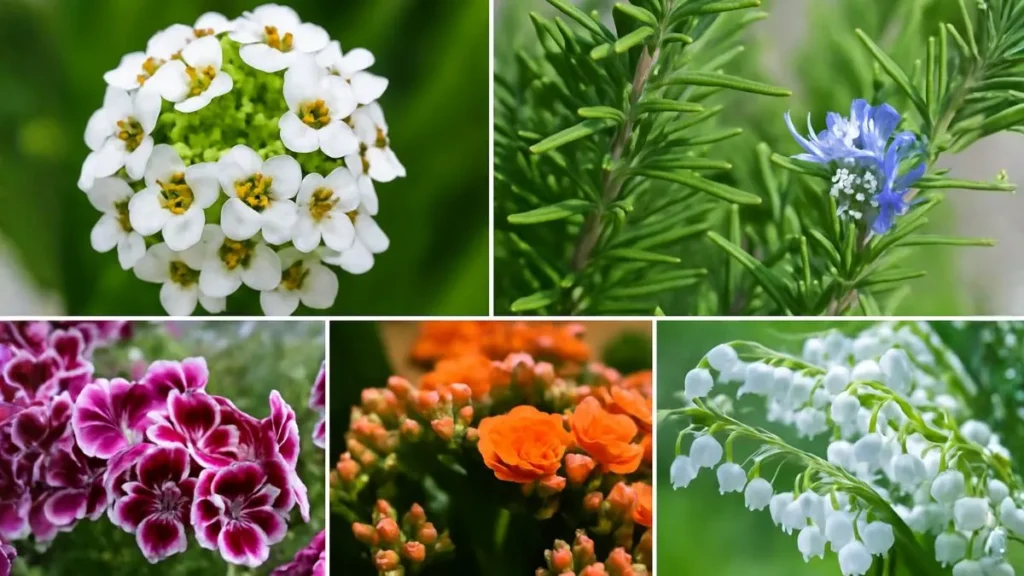Few mushrooms excite foragers and chefs as much as the morel. Known for their honeycomb-like caps, they are prized for their distinctive appearance and earthy, nutty flavor. Morels grow naturally in forests, often after spring rains, but cultivating them at home is possible with the right techniques.
In this guide, I’ll walk you through everything I’ve learned about growing morels—both from research and from experimenting with kits in my own backyard.
Preparing the Soil
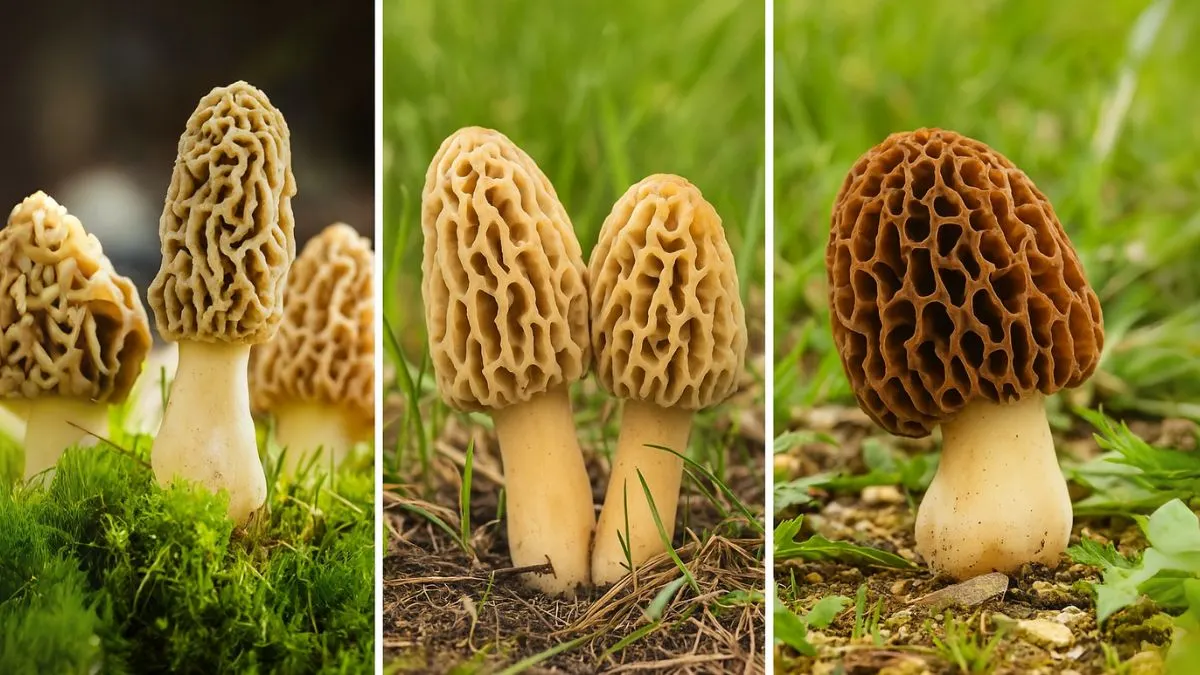
The foundation of successful morel cultivation lies in soil preparation.
- Use carefully prepared soil with plenty of decaying woody matter. Morels naturally thrive near dying trees, especially elms and ash, because of the rich organic content.
- Always amend the soil with compost or leaf mold to add nutrients and mimic forest conditions.
- Ensure you’re working with humus rich soil that can retain moisture while still draining well.
In my garden, I tried mixing hardwood chips with compost and leaf mold. Within months, I noticed fungal activity in the soil—a sign that conditions were becoming morel-friendly.
Using Morel Mushroom Kits
For beginners, kits simplify the process.
- Just pour kit in 5 gallons of filtered/rain water and set for 24 hours.
- After soaking, pour the mixture into your prepared garden bed.
- The spores will settle and begin colonizing the soil.
Kits are widely available in the USA and Canada, and while they don’t guarantee harvests, they significantly increase your chances.
Creating the Right Environment
Morels are particular about their surroundings.
- Ideally, grow morel mushrooms in a climate-controlled environment if you want reliable harvests. Indoor greenhouses allow control over temperature, humidity, and light.
- Outdoors, choose shaded areas under deciduous trees.
- Keep soil loose and aerated to encourage mycelium growth.
I once attempted to grow them in open garden beds, but results were inconsistent. Moving part of the project to a small indoor grow tent with humidity control brought better success.
Also Read: How to Plant Mushrooms Indoors
Watering and Moisture Control
Moisture is critical. Too dry, and the spores die; too wet, and rot sets in.
- Always maintain a soil moisture content within the range of 50-70%.
- Use rainwater or filtered water, as chemicals in tap water can disrupt growth.
- Mist soil lightly rather than drenching it.
This careful balance mimics the damp forest floors where morels thrive naturally.
Feeding the Fungus
The secret to success is providing enough organic food for the fungi.
- Remember, they will all grow if there is food—whether that’s decaying wood, compost, or organic matter.
- Adding hardwood ash or sawdust can improve results.
Over time, the fungal network strengthens underground, eventually pushing up the iconic morel mushrooms.
Patience and Harvesting
Growing morels is not an overnight project.
- Colonization may take months or even a year.
- Once conditions are right, mushrooms often appear after spring rains.
- Harvest by cutting the stem at ground level to avoid disturbing the fungal network.
In my first year, I didn’t get any mushrooms. But the second spring, I was greeted by several healthy morels—a reminder that patience pays off.
Also Read: Why Aglaonema Evergreen Is the Perfect Indoor Plant for Beginners
Morel Cultivation Essentials
Step |
Key Action |
Soil Prep |
Amend the soil with compost or leaf mold; use humus rich soil |
Moisture |
Maintain a soil moisture content within the range of 50-70% |
Food |
Add decaying woody matter and organic material—they will all grow if there is food |
Kits |
Just pour kit in 5 gallons of filtered/rain water and set for 24 hours |
Environment |
Outdoor beds under trees or grow morel mushrooms in a climate-controlled environment |
Why Morel Mushrooms are Popular in Canada, USA, and Beyond
- In Canada, morels are cherished by foragers, especially in regions recovering from wildfires.
- In the USA, they’re a springtime delicacy, often selling for high prices in local markets.
- Globally, they’re valued in gourmet cuisine, appearing in French sauces, Indian curries, and fine dining menus.
Their universal appeal makes them one of the most sought-after mushrooms worldwide.
Personal Experience: Growing Morels at Home
When I first tried to grow morels, I underestimated how much organic matter they needed. Only after enriching my bed with compost, leaf mold, and decaying woody matter did I start seeing results. I also discovered that keeping moisture around 60% was the sweet spot. It wasn’t easy, but harvesting my first homegrown morels felt like striking gold.
Also Read: 7 Flower Seeds Every Beginner Gardener Should Plant
Key Takeaways for Growing Morels
To successfully grow morel mushrooms:
- Prepare carefully prepared soil with plenty of decaying woody matter.
- Always amend the soil with compost or leaf mold for nutrients.
- Use humus rich soil and maintain a soil moisture content within the range of 50-70%.
- Consider kits—just pour kit in 5 gallons of filtered/rain water and set for 24 hours.
- For consistent results, grow morel mushrooms in a climate-controlled environment.
- And remember: they will all grow if there is food.
👉 Morels test your patience but reward you with unmatched flavor and beauty. Whether you’re in Canada, the USA, or anywhere else, they’re worth the effort.
